Nourishing
Europe: The Importance of Animal Proteins
Appeal of the Livestock Supply Chains to European Ins?tu?ons
26th March 2025
European agriculture is recognized worldwide for its efficiency, crucial role in food security, and ability to innovate and address environmental challenges through balanced and sustainable solu@ons. Livestock farming, as recognized by the recent Vision for Agriculture and Food, is an essen@al part of EU agriculture, sharing the same natural cycle, to which it clearly brings important benefits that should be fully valorized and unlocked, to enhance biodiversity and economic and social vitality of rural areas. Agri-food produc@on is based on a constant integra@on between animal and plant produc@on two systems closely linked in produc@on and complementary in nutri@on.
The European strategy for food, par@cularly protein produc@on, must ensure a balance between various sources to guarantee food security, public health, and the sustainability of produc@on and economic and social systems. An excessively unbalanced approach favoring plant proteins to the detriment of animal ones risks upseMng this balance, poten@ally affec@ng food security and health.
We call on the European Commission to develop a comprehensive EU Food Strategy that supports diversity in agricultural produc@on, including livestock, mixed farming and sustainable intensifica@on methods that op@mize resource efficiency without compromising food security or rural livelihoods.
Why should we support an ac@on plan that values animal proteins? We summarize it in three key points.
1. Threat to Food Security and
Nutri4onal Sufficiency
• Meat, dairy, and eggs must be valued, harmful prejudices must be avoided, and dietary guidelines based on sound science must be promoted to protect consumers and producers.
• Livestock farming plays a crucial role in circular agricultural systems, u@lizing marginal lands unsuitable for crops, conver@ng 86% of inedible by-products into high-quality proteins, and providing essen@al nutrients that are difficult to obtain exclusively from a plant-based diet alone.
• Scien@fic evidence confirms that animal-based foods are important for human health, par@cularly for vulnerable popula@ons such as children, the elderly, and those with nutri@onal deficiencies.
• Nutri@onal deficiencies and the rise in cardiometabolic diseases represent a global challenge exacerbated by reduced access to quality nutrients. Inadequate food policies may intensify this phenomenon, with serious consequences for public health.
2. Economic and Social Impact on European Farmers
• A forced transi@on that shiYs the produc@on and food system away from animal-based agriculture would have devasta@ng consequences for rural areas, especially in many European regions where livestock farming is an important economic and social pillar.
• European farmers have been inves@ng for years in innova@on, precision agriculture and regenera@ve animal farming to promote balanced and sustainable produc@on, ensuring high-quality and healthy food while countering the spread of ultra-processed foods. To con@nue on this path, they need effec@ve support policies.
• Reducing domes@c produc@on of animal products – while demand is growing - would favor imports, leading not only to a loss of compe@@veness for European farmers but also increased global emissions, as GHGs are not subjected to boarders.
3. Environmental Sustainability: Recognizing the Complexity of Agro-Livestock Systems
• Recognize farmers' consistent and significant achievements in promo@ng increasingly sustainable produc@on, avoiding ideological biases that jeopardize livestock farming unfairly favor plant-based alterna@ves or alleged replacements.
• When assessing the whole impact of livestock produc@on, it is essen@al to support scien@fically sound environmental assessments that consider the en@re life cycle of products rather than promo@ng biased narra@ves that ignore the contribu@on of well-managed livestock produc@on to sustainability.
• Life Cycle Assessments (LCA) show that innova@ve livestock prac@ces, precision farming and pasturebased livestock systems improve soil fer@lity, enhance carbon sequestra@on, and preserve biodiversity. The assump@on that a shiY only to plant-based diets would automa@cally reduce the environmental footprint is a misconcep@on.
• Unlike fossil-based greenhouse gases, which remain in the atmosphere for centuries, methane produced by ruminants disappears within a decade. Recognizing this difference is essen@al to define balanced environmental policies based on scien@fic evidence and avoid oversimplifica@ons that promote one-sided solu@ons, such as the indiscriminate increase in plant-based food consump@on without a comprehensive assessment of the environmental impact;
• Livestock farming u@lizes non-agricultural land and is complementary to other types of agricultural produc@on. Therefore, a differen@ated approach is needed, rather than directly comparing different systems without considering their specifici@es and contribu@ons.
• In organic farming, the only fer@lizer allowed by regula@ons is of natural origin, derived from livestock. Livestock, therefore, plays a crucial role. Manure – digestate in par@cular - nourishes the soil naturally, elimina@ng the need for chemical fer@lizers. Consequently, reducing livestock leads to lower availability of natural fer@lizer, resul@ng in greater reliance on chemical fer@lizers.
Europe needs to support a diversified and resilient food system that harmoniously integrates crop and livestock produc@on. Only in this way can true sustainability be achieved, ensuring food security and promo@ng prosperity for both farmers and consumers. This strategy is based on sound science and experimental methods, considering the unintended consequences of ideological policies in recent years, which have weakened European compe@@veness, increased infla@on, and impoverished the agricultural sector.
We therefore urge EU policymakers to:
• Develop a holis@c EU Food Strategy based on the scien@fic method of experimenta@on, integra@ng both crop and livestock farming while ensuring fair treatment for all agricultural sectors.
• Support scien@fically based environmental assessments that consider the full life cycle of food products, avoiding misleading interpreta@ons that unfairly penalise livestock farming, poten@ally encouraging imports and thus increasing emissions.
• Support science-based nutri@onal assessments that confirm the importance of animal-based foods for human health, par@cularly for vulnerable popula@ons such as children, the elderly, and those with nutri@onal deficiencies.
We call on the European Commission to base future food policy on the scien@fic method of experimenta@on, moving away from ideological approaches that have unintended consequences and risk undermining the compe@@veness and resilience of the agri-food system. This is the only way to ensure healthy, balanced and sustainable diets for European and global ci@zens in the long term.

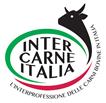
Organizzazione Interprofessionale INTERCARNEITALIA

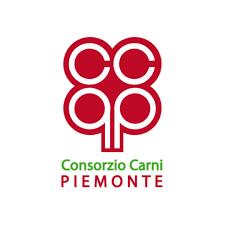
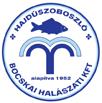
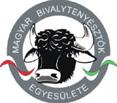
Magyar Bivalytenyésztők Egyesülete (MBTE) Association of Hungarian Bu alo Breeders

Magyartarka Tenyésztők Egyesülete (MTE) (Association of Hungarian Simmental)
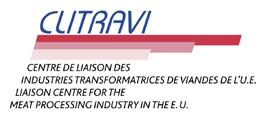

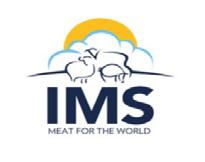

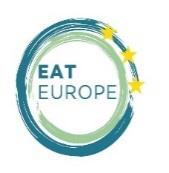

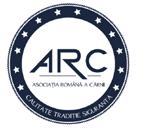
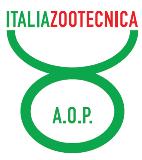
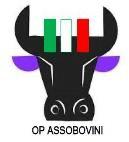

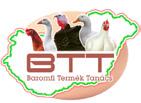

Slovenská poľnohospodárska a potravinárska komora SPPK


Ceskomoravska Drubezarska Unie - Cmdu

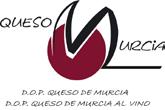

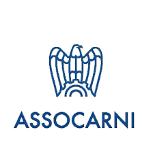



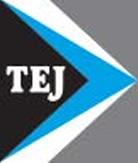
Tej Szakmaközi Szervezet és Terméktanács (TTT) (Milk Interprofessional Organization and Product Board)
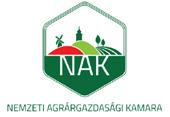
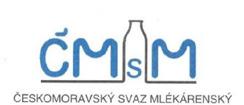
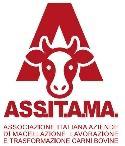



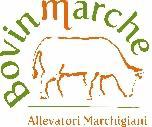




Bábolna Tetra Kft. Bábolna Tetra Ltd.

Ceskomoravsky Svaz Mleakarensky - Cmsm Svaz Chovatelu Ceskeho Strakateho Skotu - Cestr
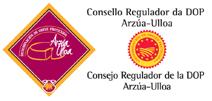

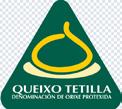
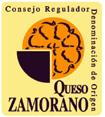
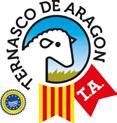



Polski Związek Hodowców i Producentów Bydła Mięsnego - PZHIPBM Polskie Zrzeszenie Producentów Bydła Mięsnego - PZPB Polska Federacja Rolna

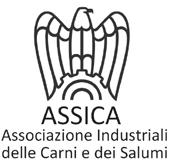


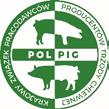
Krajowy Związek Pracodawców - Producentów Trzody Chlewnej - POLPIG



Consorzio
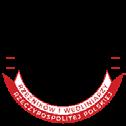
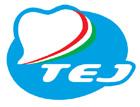
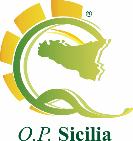

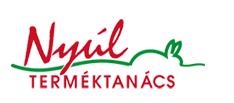
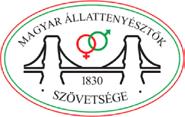
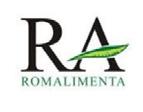
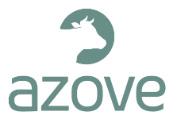
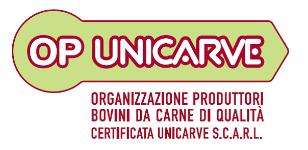
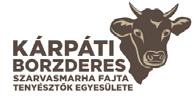
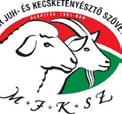
Magyar Juh- és Kecsketenyésztők Szövetsége (MJKSz) - Hungarian Sheep and Goat Breeders Association
Magyar Állalenyésztők Szövetsége - MASZ (Association of Hungarian Livestock Breeders)
Tej Szakmaközi Szervezet és Terméktanács (TTT) Milk Interprofessional Organization and Product Board - TEJ SZIV


Cesky Svaz Chovatelu Masneho Skotu - Cschms

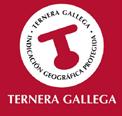


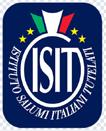


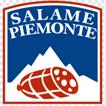
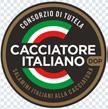
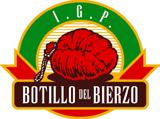
Botillo del Bierzo IGP


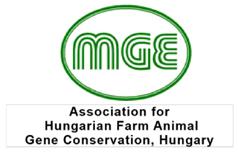
Magyar Haszonállallat-Génmegőrző Intézet (MGE) - Association of Hungarian Farm Animal Gene Conservation



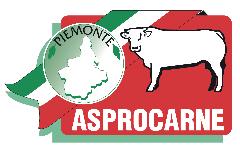



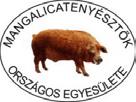
Mangalicatenyésztők Országos Egyesülete (MOE) – (Association of Hungarian Mangalica Breeders)
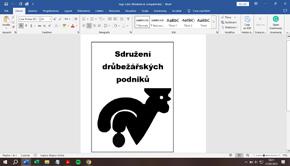
Vágóállat és Hús Szakmaközi Szervezet és Terméktanács (VHT) - Livestock and Meat Interbranch Organisation and Product Board (LMPB) Svaz Chovatelu Holstynskeho Skotu Holstein Cz
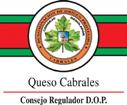
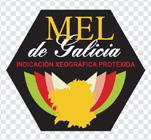


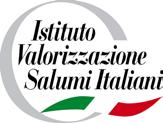

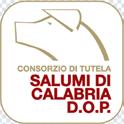
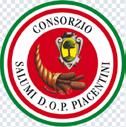



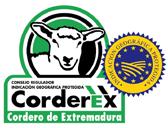
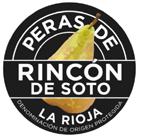






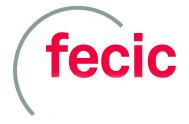


Masa - CSZM
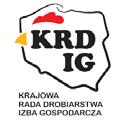

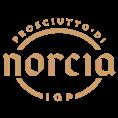

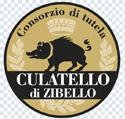
di





